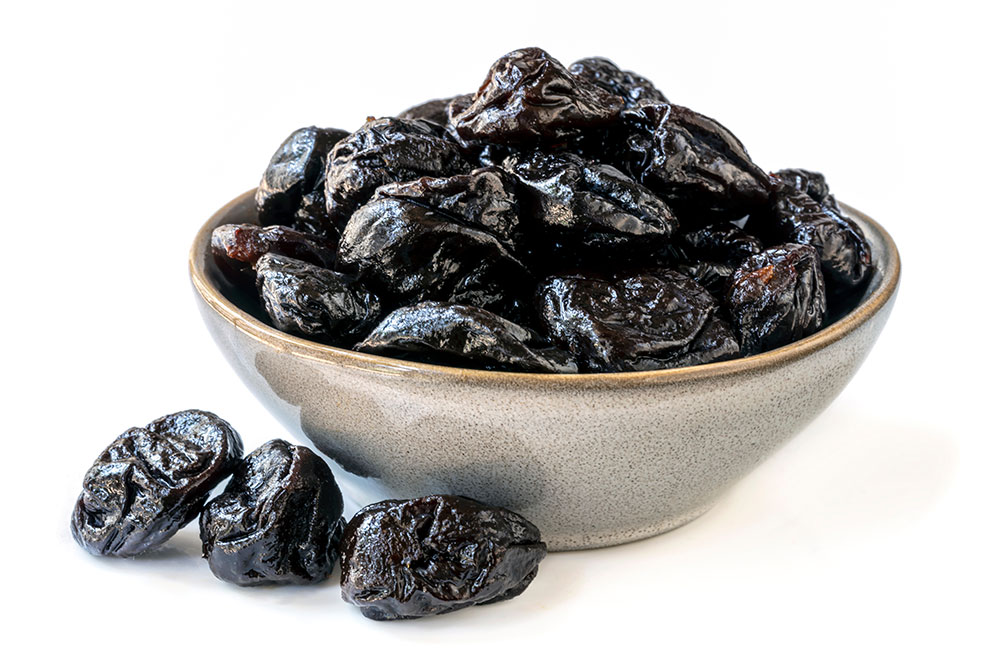Comprehensive Guide to 7 Natural and Effective Remedies for Constipation Relief
Discover effective, natural solutions for constipation relief, including dietary changes, hydration, exercise, herbal remedies, and safe use of laxatives. This comprehensive guide helps you promote healthy digestion and prevent chronic issues through lifestyle modifications and responsible supplement use, ensuring long-term digestive health and comfort.

Comprehensive Guide to 7 Natural and Effective Remedies for Constipation Relief
Constipation is a common digestive disorder characterized by infrequent, hard, or difficult bowel movements. Typically, fewer than three bowel movements per week is considered constipation, but the severity can vary among individuals. Chronic constipation can lead to discomfort and various health issues if not addressed properly. Recognizing the underlying causes—such as physical inactivity, prolonged stress, certain medications, low dietary fiber, or previous surgeries—is essential for effective treatment. For mild cases, home remedies and over-the-counter solutions often suffice, but persistent problems may require medical evaluation and intervention. This comprehensive guide explores natural and effective strategies to alleviate constipation and promote healthy digestion.
Maintain a Regular Exercise Routine
Physical activity plays a vital role in maintaining healthy bowel movements. Engaging in regular exercise, such as brisk walking, jogging, yoga, or stretching, stimulates intestinal muscles and promotes quicker transit of waste through the digestive tract. Even a 20-minute walk each day can significantly improve bowel regularity. As your fitness level improves, gradually increase the duration and intensity of your workouts to maximize benefits. Exercise not only helps prevent constipation but also reduces stress, which can be a contributing factor. Incorporating movement into your daily routine creates a positive feedback loop, enhancing overall digestive health and reducing the likelihood of chronic constipation.
Optimize Hydration for Better Digestion
Hydration is fundamental to preventing and alleviating constipation. Drinking sufficient fluids, especially water, ensures that stool remains soft and easier to pass. Aim to consume approximately ten glasses of water or fresh fruit juices daily, but adjust according to individual needs and climate conditions. Dehydration often leads to harder stools and sluggish bowel movements. For individuals with certain health conditions, such as kidney disease or heart problems, it is advisable to consult a healthcare professional for personalized fluid intake recommendations. In addition to water, incorporating herbal teas and broths can help maintain fluid balance, contributing to smoother digestion.
Eat a High-Fiber Diet
A diet rich in fiber is one of the most effective natural remedies for constipation. Fiber adds bulk to stool, accelerates its transit through the intestines, and promotes regularity. Incorporate a variety of fruits, vegetables, whole grains, nuts, and seeds into your meals. Examples include apples, berries, carrots, spinach, oats, brown rice, and chia seeds. For an easy boost, consider adding bran cereals, fiber-enriched muffins, or psyllium husk to your diet. It’s important to increase fiber intake gradually to prevent gas and bloating. Adequate fiber combined with hydration creates an optimal environment for healthy bowel movements and reduces the risk of long-term constipation issues.
Use Fiber Supplements as Needed
When dietary fiber alone isn’t enough, fiber supplements like Metamucil, Citrucel, or Benefiber can be helpful adjuncts. These supplements contain soluble fiber that traps water, softening stool and making it easier to pass. Follow dosage instructions carefully and start with small amounts to assess your tolerance. Combining supplements with a high-fiber diet enhances effectiveness. Remember, increasing fiber intake without sufficient fluids can worsen constipation, so ensure adequate hydration when using these products. Fiber supplements are especially useful for individuals with busy lifestyles or conditions that hinder fiber-rich food consumption.
Use Laxatives Cautiously and Under Medical Supervision
In some cases, over-the-counter laxatives may provide quick relief. Types include osmotic laxatives (e.g., lactulose, polyethylene glycol) and stimulant laxatives (e.g., senna, bisacodyl). These should be used sparingly and only on short-term basis, under the guidance of a healthcare professional. Prolonged or frequent use can lead to dependence, decreased bowel function, or electrolyte imbalances. Always read instructions carefully and avoid exceeding recommended doses. For chronic or severe constipation, consult a doctor for appropriate evaluation and treatment options.
Prefer Herbal and Natural Remedies for Gentle Relief
Natural herbal remedies can stimulate bowel movements without the harsh side effects associated with some medications. Herbs such as rhubarb, cascara sagrada, senna, slippery elm, and psyllium are known for their bowel-stimulating properties. These options are best used short-term and under guidance to minimize risks. While generally safe for most individuals, herbal supplements may interact with medications or exacerbate existing health conditions. Always consult your healthcare provider before starting herbal treatments, especially if you are pregnant, breastfeeding, or taking prescription medications. Combining herbal remedies with lifestyle modifications can offer a holistic approach to managing constipation effectively.
Adopting these natural remedies can significantly improve bowel health and prevent recurring issues. Maintaining a balanced diet, staying well-hydrated, exercising regularly, and using herbal or supplement aids responsibly are crucial steps toward achieving and sustaining digestive comfort. For persistent issues, professional medical advice is essential to rule out underlying conditions and tailor treatment options specifically suited to individual needs. Addressing constipation promptly and naturally not only alleviates discomfort but also enhances overall health and quality of life.





